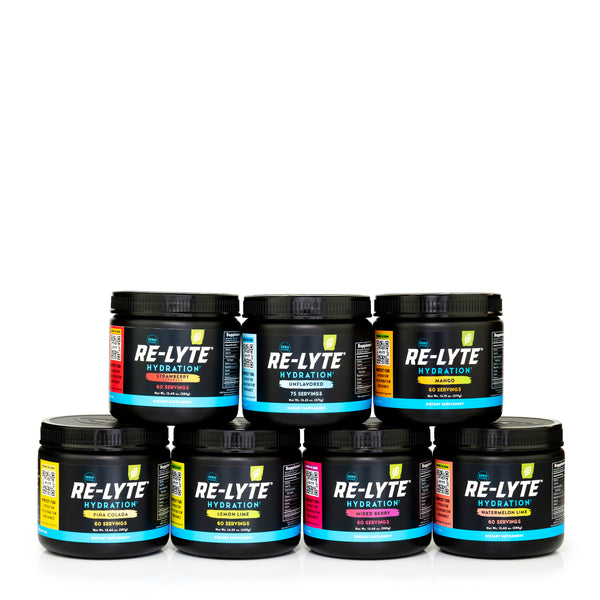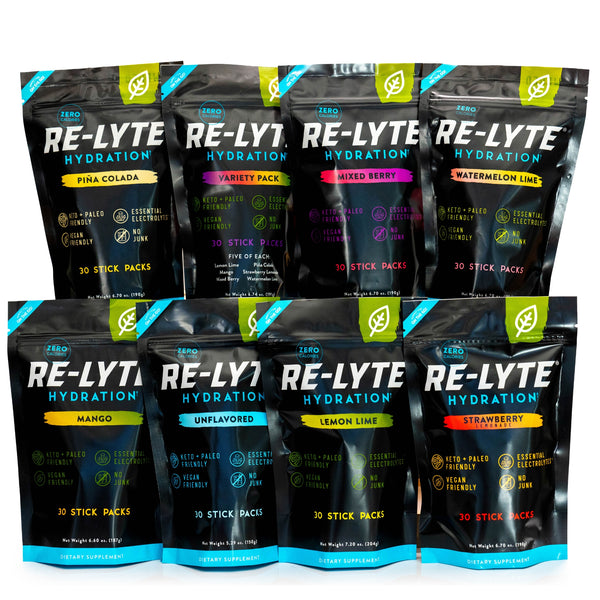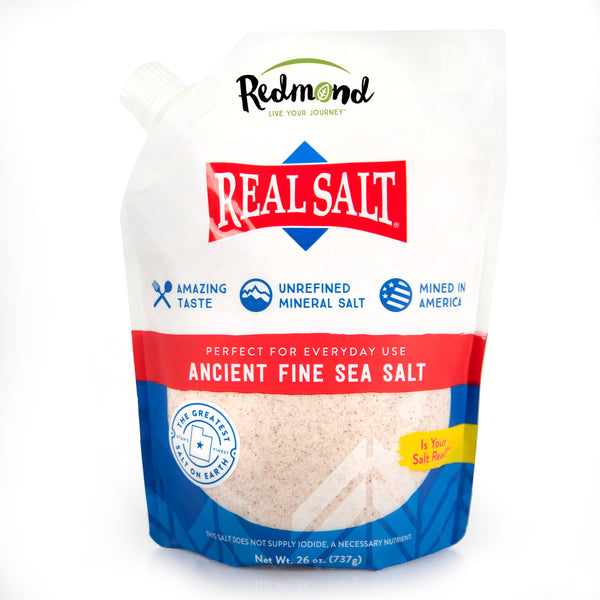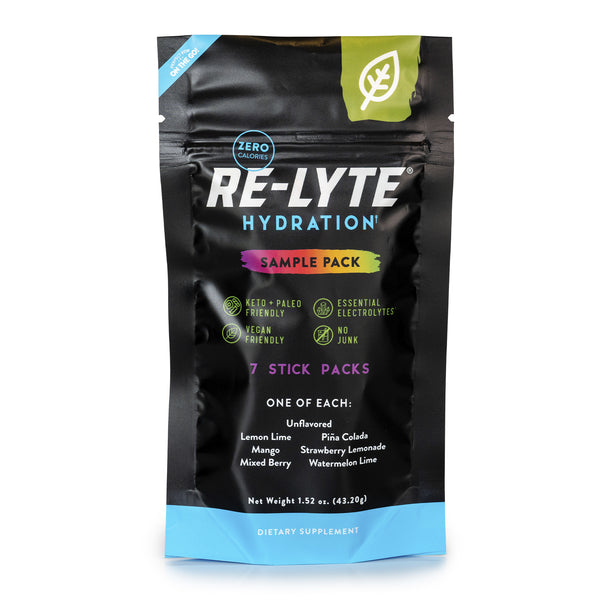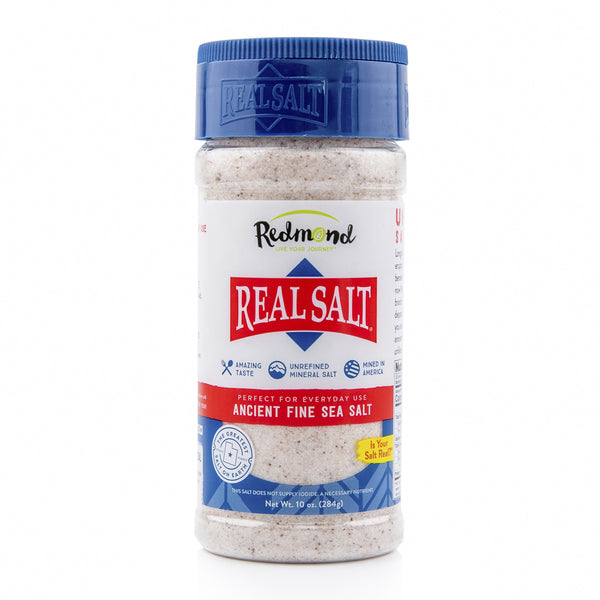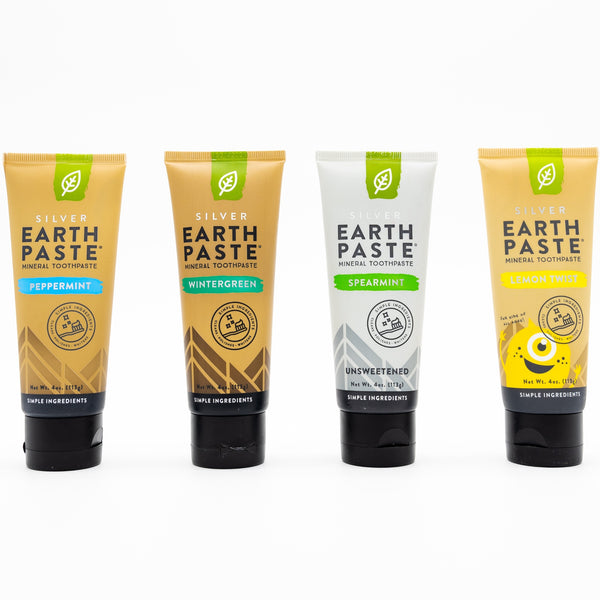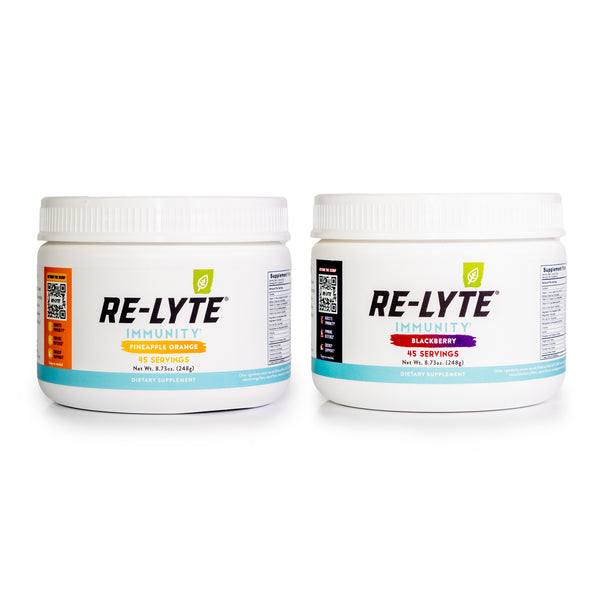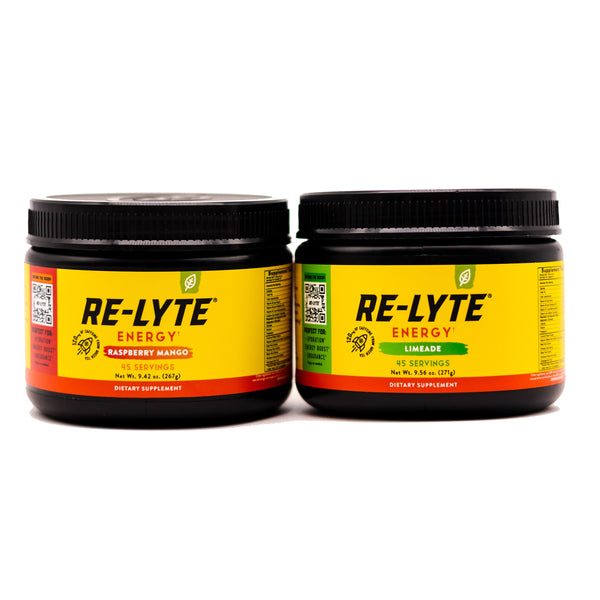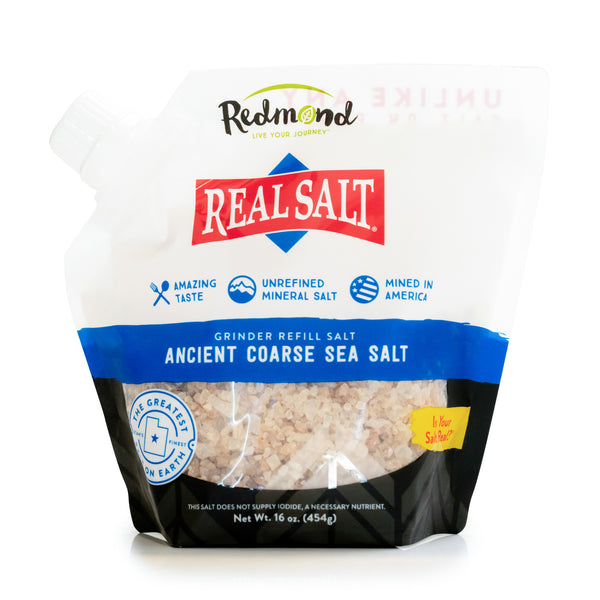5 Skin Benefits of Bentonite Clay
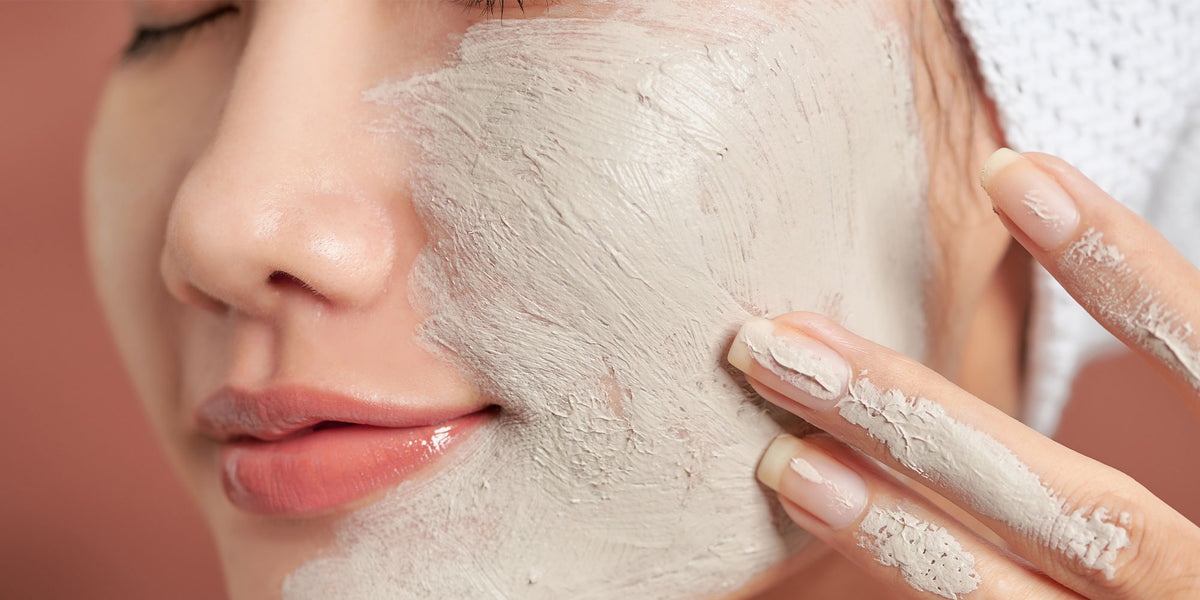
Article at a Glance:
- Bentonite clay is a natural, affordable skincare product that beautifies skin in multiple ways.
- Research shows that bentonite clay absorbs sebum, the oily substance that contributes to clogged pores and acne.
- Studies suggest bentonite clay can support your skin’s defenses.
- According to research, bentonite clay acts against bacteria as well.
- It can also ease itchy skin, according to studies.
- Bentonite clay has the texture of a fine powder, which means it can act as a gentle exfoliant.
In a world full of serums, toners, exfoliators, lotions, and lasers, taking care of your skin can feel confusing and complicated. But it doesn’t have to be.
Simple skincare works, as long as you choose products that do double-duty, triple-duty, or—dare I say—quintuple-duty for your skin. If you’re looking for that unicorn skincare product that’s simple, natural, and affordable but still beautifies your skin in multiple ways, bentonite clay may be the thing for you.
People have been applying clay to their skin for centuries. The ancient Egyptians did it. The Aztecs did it. And people still do it today. For a beauty practice to have that kind of staying power, there must be something to it, right? Scientific evidence and anecdotal evidence show there definitely is.
In fact, there’s plenty of evidence that bentonite clay can help your skin in at least five feel-good (and look-good) ways:
1. It sucks up sebum.
Sebum is an oily substance that your body produces to keep your skin and hair moisturized. But sometimes your body produces too much sebum, and that causes clogged pores and acne. Studies show, though, that bentonite clay can soak up sebum. That may be why so many people say bentonite clay masks are literal skin (and life) savers.
2. It helps your skin’s defenses.
It may sound far-fetched that a bit of clay can help your skin’s defenses. Isn’t that the immune system’s job? But studies show clay can interact with the immune system to encourage skin repair and regeneration. In fact, it’s even been shown to support people dealing with skin wounds and ulcers.
3. It battles bacterial bad guys.
Just like you have a microbiome (community of bacteria and other microorganisms) in your gut, you have a microbiome on your skin too. Unfortunately, when certain strains of skin bacteria get out of hand, they can cause acne. But bentonite clay has a proven ability to fight bacteria. That may explain why so many people rely on it to knock out breakouts.
4. It soothes that insatiable itch.
Irritated, itchy skin can have a lot of causes—poison ivy, allergic reactions, bug bites. But bentonite clay can support your skin no matter what the culprit. Studies show it can ease dermatitis (red, itchy, inflamed skin) caused by poison ivy, poison oak, eczema, allergic skin reactions, and diaper rash, among other things.

5. It exfoliates.
Exfoliating your skin has a lot of benefits. It gets rid of dead skin cells, brightens your complexion, and helps keep pores clean. But people are getting pretty aggressive with the exfoliators nowadays. Chemical peels and harsh at-home scrubs may work for some people. But they can also damage your skin. So, if you’d prefer something gentler, try bentonite clay. Bentonite clay has the texture of a fine powder, so it can provide less intrusive exfoliation that still has a bunch of benefits.
If you’re new to the world of bentonite clay skin and beauty treatments, you may be wondering how to use clay on your skin. The answer’s simple: Just add water. By hydrating your clay, you make a paste you can apply to your face or other areas of skin that need a little TLC. You can try our clay powder for affordable, effective skincare or our facial mud for pre-hydrated clay that’s less messy and more portable. Our facial mud also includes colloidal silver, which has even more amazing skin benefits you’ll love!
Sources:
- Sebaceous gland lipids— Dermatoendocrinology.
- Sustainable rates of sebum secretion in acne patients and matched normal control subjects— Journal of the American Academy of Dermatology.
- EEMCO guidance for the in vivo assessment of skin greasiness. The EEMCO Group— Skin Pharmacology and Applied Skin Physiology.
- Bentonite Clay as a Natural Remedy: A Brief Review— Iranian Journal of Public Health.
- Evaluation of the medicinal use of clay minerals as antibacterial agents— International Geology Review.
- The skin microbiome— Nature Reviews Microbiology.
- How to Safely Exfoliate at Home— American Academy of Dermatology Association.
What are the best ways to get rid of large pores?— Medical News Today.
Comments (12)

I’m looking for an internal heavy metal detox.
Is this a proper use for this clay?
———
Redmond Life replied:
Hi Donna! Thanks for your question. Clay has been used internally for thousands of years, and for decades, we’ve heard from customers who’ve had amazing experiences using our clay internally. In the past, our labels and marketing mentioned using Redmond Clay internally. But we’ve recently shifted our focus to the external cosmetic uses of clay, with a plan to revisit clay supplements for internal use in the future.

I am learning to make homemade grape wine. They use bentonite clay when trying to clarify the wine before bottling. Of course that takes floating particles to the bottom of the carboy before bottling. Do you see any harm in using this since it has a trace lead?
———
Redmond Life replied:
Hi Rose, Thanks for your question. Although we don’t have any experience using our Redmond Clay for wine clarification, let me give you some resources. First of all, check out our Knowledge Base that gives info about using clay internally and the Prop65 warning: https://kb.redmond.life/redmond-clay Also check out the mineral analysis of Redmond Clay to see that it will meet your specific needs: https://redmond.life/pages/mineral-analysis

What is in the clay that causes maybe cancer? They have a warning like California
———
Redmond Life replied:
Great question. Natural bentonite clay is the base of a lot of Redmond Life products. Since this clay is from the earth, it contains trace amounts of earth-based elements, including lead. Because of this, the state of California requires that we put a Prop 65 statement on the product. You can get more information about this warning label and the trace amounts of minerals naturally found in bentonite clay on our website: https://kb.redmond.life/whats-with-the-proposition-65-warning-labels

I have a jar of the clay powder already. What ratio of water:powder and of water:powder:ACV? Can you use water and ACV together or is it best to use only one liquid? Thank you so much.
———
Redmond Life replied:
Hey Linda, I would just use 2 parts clay to 1 part ACV! You can also just mix it to the consistency you would prefer.
NkdkJdXPPEBannerEnd




